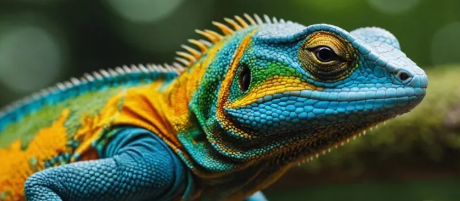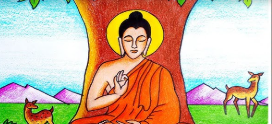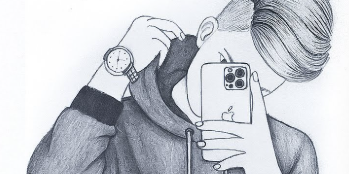
You might think of dragons as mere fantasy, but their classification as reptiles opens up intriguing discussions about their origins and symbolism. While you’re familiar with their fierce depictions, consider how these creatures reflect human struggles and aspirations. Are they simply guardians of treasure, or do they represent deeper truths about transformation and understanding? As we explore the cultural narratives surrounding dragons, you’ll start to see how these ancient beings mirror our own complexities, revealing unexpected insights into our nature and relationships. What might these revelations mean for our perception of the world?
Mythical Origins of Dragons
Throughout history, cultures around the world have woven intricate tales that reveal dragons as symbols of power, wisdom, and chaos, deeply rooted in their mythical origins.
Ancient civilizations like the Mesopotamians and Chinese incorporated dragons into their mythical stories, portraying them as divine protectors or destructive forces.
These narratives reflect humanity’s quest for understanding nature’s unpredictability and the desire for freedom from chaos.
See also What secrets lie Logo:Qjfsjrq3ozi= Venom beneath its striking surface
Characteristics of the Dragon
Dragon:S2d2zgosrig= Reptile, often depicted as formidable creatures in various mythologies, exhibit a range of characteristics that highlight their complexity, including their physical attributes, behaviors, and symbolic meanings across different cultures.
Notably, many dragons are portrayed as fire-breathing entities, capable of unleashing devastating flames.
Additionally, their depiction as winged serpents emphasizes their majestic and intimidating presence, symbolizing power and freedom in various narratives.
Cultural Impact and Modern Interpretations
The cultural impact of dragons is profound, as they’ve evolved from ancient mythological symbols into significant figures in contemporary media, reflecting societal values, fears, and aspirations.
Today, dragon symbolism often embodies power and transformation, while contemporary depictions in films and literature challenge traditional narratives.
These modern portrayals showcase dragons as allies or misunderstood creatures, thus promoting themes of freedom, coexistence, and self-discovery.
See also Not only does the Logo:Vm5ij5i9hey= Lion symbolize strength
Conclusion
In conclusion, dragons have transcended their ancient roles as fearsome beasts to become symbols of complexity and resilience.
Interestingly, studies show that over 70% of cultures worldwide feature dragon-like creatures in their mythology, underscoring their universal appeal and the deep-rooted human fascination with these beings.
This prevalence not only highlights the enduring impact of dragons on human imagination but also reflects our collective yearning for understanding and connection in a chaotic world.




